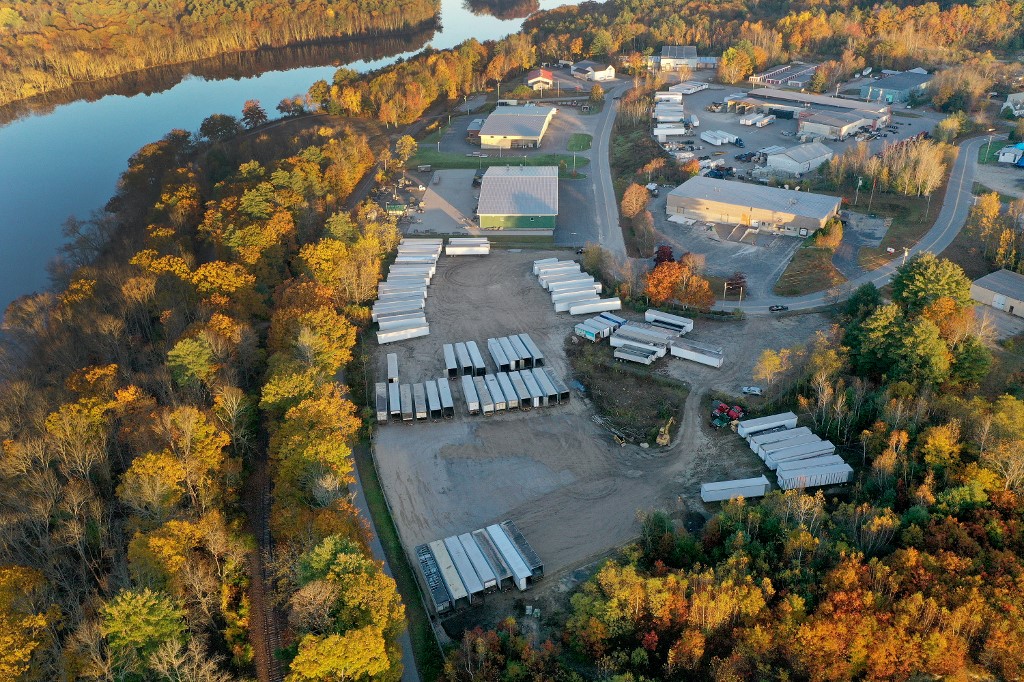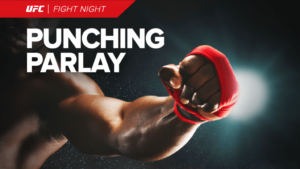Maine’s Tribes Advocating for Online Casino Gambling
-
 Bookmakers Review
Bookmakers Review
- April 9, 2025

Maine’s four federally recognized tribes are backing a bill that would grant them exclusive control over iGaming in the Pine Tree State, but commercial casino owners remain adamantly opposed.
Gambling Expansion
Bill LD 1164 would not only bring online casino gambling to Maine, but it would also give iGaming exclusivity to the same four tribes that enjoy sole control over mobile sports betting in the state. Naturally, the bill has the full support of the Wabanaki Nations’ tribal leaders, as online casino gambling revenues tower above those generated by mobile sports betting.
Passamaquoddy Chief William Nicholas recently told members of the Veterans and Legal Affairs Committee, “Tribally owned and operated internet gaming represents an ideal opportunity to raise both tribal and state governmental revenue for the benefit of all Mainers.”
A Longstanding Disadvantage
Unlike gaming tribes in most other states, the Maine Indian Claims Settlement Act of 1980 blocks tribes from building casinos under the federal Indian Gaming Regulatory Act of 1988 but allows them to hold high-prize bingo games.
“For the Passamaquoddy Tribe and all the other Wabanaki communities, this is about fairness and the ability to participate in the industry that already benefits others across the country,” said Rep. Aaron Dana of the Passamaquoddy Tribe and sponsor of the bill.
Dana then referenced the tribes’ inability to operate tribal casinos, so common in other states.
“Because the Wabanaki Nations have not enjoyed anywhere near the level of economic growth as that of other tribes in this country, they face an ongoing economic crisis,” said Rana.
New Tax Rate
An iGaming bill failed to pass muster last year, but the tax rate on revenues has been raised from 10% to 16% this year, which is intended to generate greater legislative support. Speculation persists that the same two mobile sports betting providers, Caesars and DraftKings, that are partnered with the tribes would be the only licensed providers of iGaming should the bill pass.
Vocal Opposition
Online casino gambling has had a much more difficult time gaining passage than mobile sports betting due to fears that a 24-hour casino available at a person’s fingertips is far more likely to cause addictive gambling behavior.
This is evidenced by the fact that only seven states have launched iGaming, compared to 38 states that offer sports betting, with Missouri to be No. 39 when it launches sometime this year.
Maine Center for Disease Control and Prevention Director Dr. Puthiery Va opposes the bill, writing, “Electronics, including computers and cellphones, are also isolating and addictive devices, and for that reason there are public health concerns about increasing access to gambling in such a manner that allows for play at all hours with opportunity for impulsive and problem gambling behavior.”
Brick-and-Mortar Casinos Push Back
Moreover, two land-based commercial casinos in Maine, the Oxford Casino and Hollywood Casino in Bangor, have expressed concern that iGaming could cannibalize their respective businesses.
“Passage of this bill, to be clear, would constitute the greatest single expansion of gaming in our state’s history without the vote of the people of Maine,” said Chris Jackson, who spoke on behalf of Hollywood Casino. “It would threaten facilities in Bangor and Oxford.”
The bill is currently in committee, but a vote is expected in the coming weeks.










